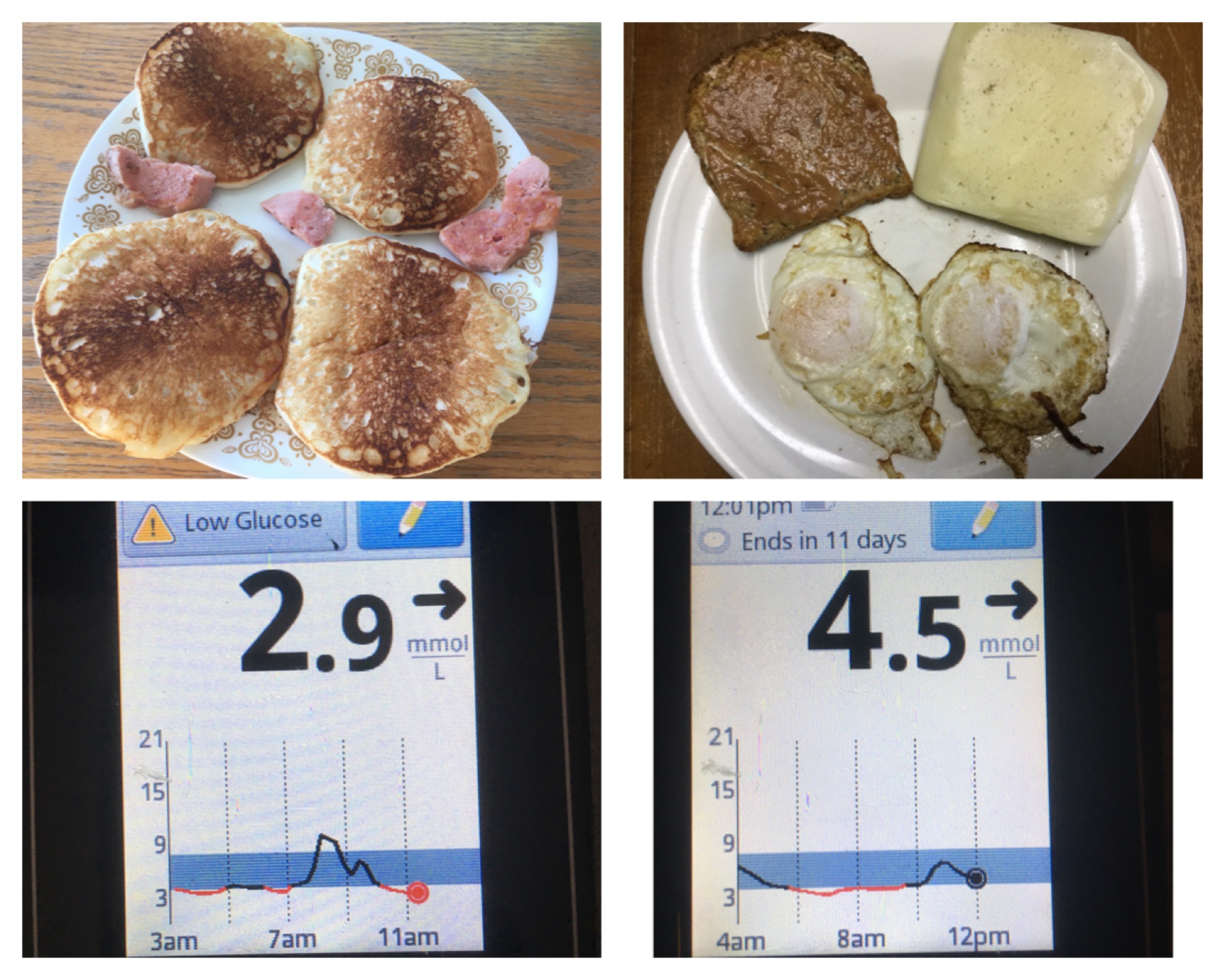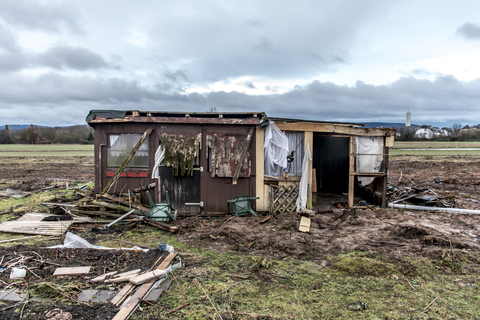By Jesse Jost
I’ve struggled most of my life with being overweight. So the subject of diet and weight loss is fascinating to me. Lately I’ve been on a research binge, devouring several books on the topic as well as running a two week experiment on myself by wearing a blood glucose monitor to see how different foods affected my blood sugar levels.
After processing all this information, I wanted to write up some basic conclusions that I have gleaned.
Weight gain is at root a basic issue of calories in exceeding calories out. Everyone knows this, right? Except for the fact that while that is true at a physics level, there are so many more additional psychological and biological factors that complicate the equation. Simple ideas about calories in and calories out are very unhelpful.
Calories In
Take the calories in portion of the equation. Some calories are far more satiating than others. 100 calories of broccoli will fill your stomach far more than 100 calories of Reese’s Cups.
There are calories that will incite a raging fire of cravings and desires that cause you to overeat.
And there are calories that will leave you feeling satisfied.
There are calories that will trigger fat storing hormones, and there are calories that will boost your metabolism.
Calories Out
Now let’s look at the calories out. It’s easy to think that our bodies are a basic machine right off a Ford assembly line that come with preset daily caloric needs.
We think that some bodies need 3,000 calories to maintain weight, and other bodies need 2,000.
With this understanding, it seems like weight loss should be an equation of eating less and moving more.
Some weight loss books tell us that if we can just cut back 100 calories a day, that will translate to 10 pounds lost in one year. Conversely, adding 100 calories a day (1 banana or a slice of bread) will lead to 10 pounds gained.
What this completely misses is that our bodies have powerful regulating systems.
For instance, our body temperature will stay in a narrow range because, when we are in the cold, it will raise our temperature and when we are in the heat, it has cooling systems.
In the same way, our bodies have developed a set point of weight. While many of the factors contributing to this are still unknown, our bodies seemingly do have a set point of weight.
Continue reading…











Beautifully put Jesse, thank you for sharing!!!